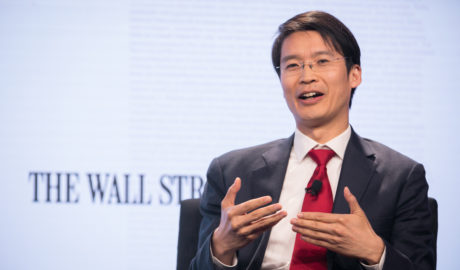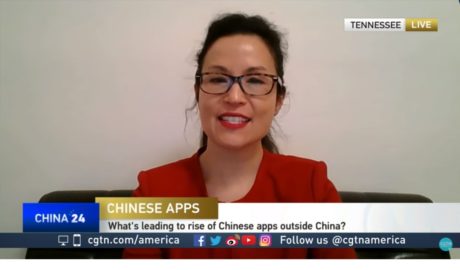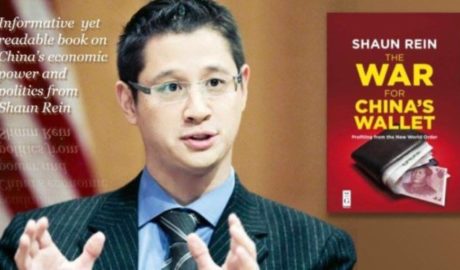The global fallout of China’s new regulations on crypto currencies – Winston Ma
China issued new regulations on mining and trading of cryptocurrencies over the past few weeks. Financial analyst Winston Wenyan Ma explains how this works out, and why China’s crackdown has such a big impact on the industry worldwide, at LCX. China now covers 70% of the global market.Read More →











